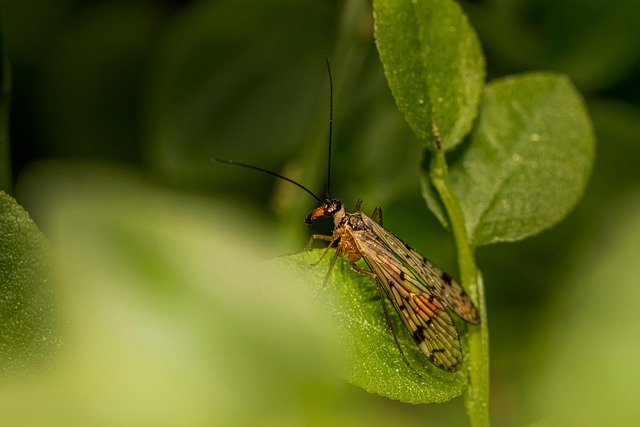Pest infestations, from ants and cockroaches to termites and bed bugs, pose significant challenges for homeowners. Professional bug exterminators are essential for effective control and prevention. Early intervention, thorough inspections, and eco-friendly methods ensure a safe home environment. Integrated Pest Management (IPM) combines strategies like habitat manipulation and biological control to reduce pesticide reliance. Pre-treatment preparation, including cleaning and sealing entry points, enhances the effectiveness of bug extermination. Modern exterminators use safe, targeted treatments and comprehensive solutions for long-term prevention. Reputable professionals offer personalized, eco-friendly services with transparent communication. Post-extermination, regular cleaning, sanitizing, and monitoring significantly reduce future infestations.
Residential bug extermination is a critical aspect of home maintenance, addressing infestations that can range from ants and roaches to termites and rodents. Understanding common pest issues and knowing when to hire a professional bug exterminator is key to maintaining a healthy living environment. This comprehensive guide explores effective extermination methods, preparation tips, debunking myths, choosing the right expert, and post-treatment care, empowering homeowners to take control of their pest problems once and for all.
Understanding Common Residential Pest Infestations
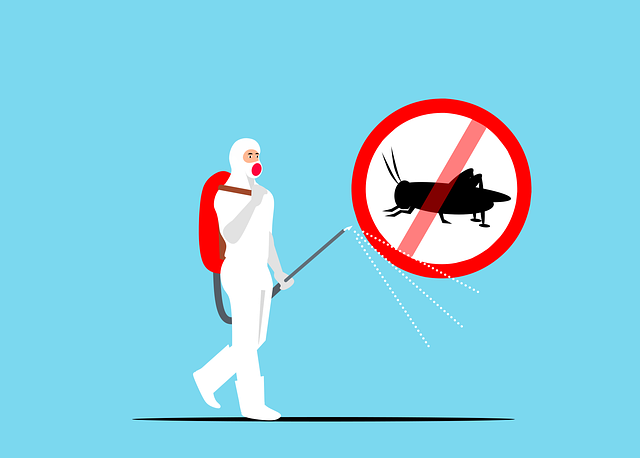
Pests can quickly turn from a nuisance to a serious problem for homeowners, often infesting homes through cracks, crevices, or even unobserved eggs laid by previous tenants. Common residential pest infestations include ants, cockroaches, termites, rodents, and bed bugs. Each of these pests presents unique challenges and requires specific strategies for effective bug extermination. For instance, ants can establish complex nests and travel long distances for food, while cockroaches are notoriously resilient and able to survive in the harshest conditions.
Termites cause significant structural damage by feeding on wood and other cellulose materials, often going unnoticed until substantial destruction occurs. Rodents, with their ability to chew through almost any material, can infiltrate homes and cause damage to wiring, insulation, and even historical artifacts. Bed bugs, once a rare problem, have made a comeback due to increased global travel and the development of resistance to traditional pesticides. Engaging the services of a professional bug exterminator is crucial for effectively addressing these pest issues, ensuring homes remain safe, healthy, and free from unwanted intruders.
The Role of a Bug Exterminator: When to Hire One
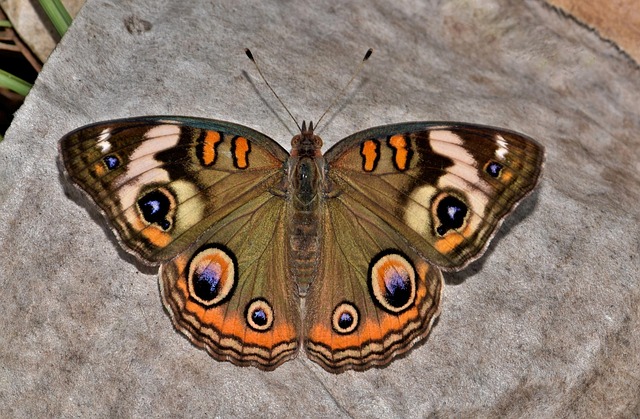
A bug exterminator plays a pivotal role in maintaining a healthy and pest-free living environment. These professionals are equipped with the knowledge and tools to identify, eliminate, and prevent various insects and pests that can infiltrate homes. From ants and termites to rodents and bed bugs, they have the expertise to handle a wide range of infestations effectively.
Knowing when to hire a bug exterminator is crucial for effective pest control. Signs such as persistent pest sightings, unusual noises or smells, visible damage to property, or unexplained allergies can indicate an infestation. Prompt action is essential; early intervention can prevent minor issues from escalating into major problems. A professional exterminator will conduct thorough inspections, develop tailored strategies, and employ safe, environmentally friendly methods to eradicate pests, ensuring a comfortable and secure living space.
Effective Bug Extermination Methods and Techniques
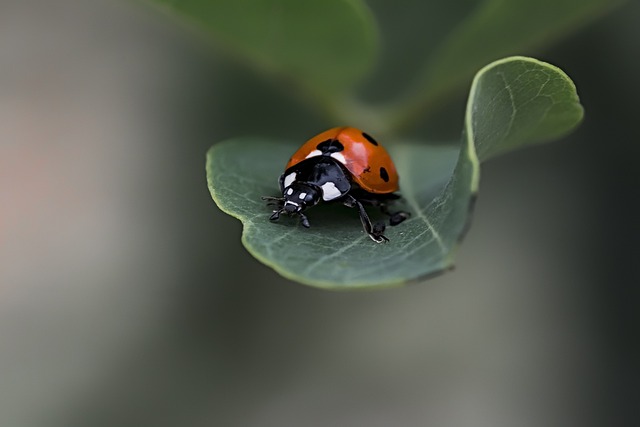
Effective bug extermination requires a multi-faceted approach, and professionals in this field employ various techniques to ensure success. One of the most common methods is chemical treatment, where skilled bug exterminators use targeted pesticides to eliminate infestations. These chemicals are carefully chosen based on the specific pest and designed to disrupt their life cycles, making them highly effective over time.
However, modern bug extermination goes beyond traditional chemicals. Integrated Pest Management (IPM) is a holistic approach that combines various strategies, such as habitat manipulation, biological control, and mechanical exclusion. IPM focuses on long-term prevention and reduces reliance on pesticides. For instance, eliminating food sources, sealing entry points, and introducing beneficial insects can significantly deter pests without resorting to harsh chemicals. This method is not only eco-friendly but also cost-effective for residential properties.
Preparing Your Home Before an Extermination Treatment
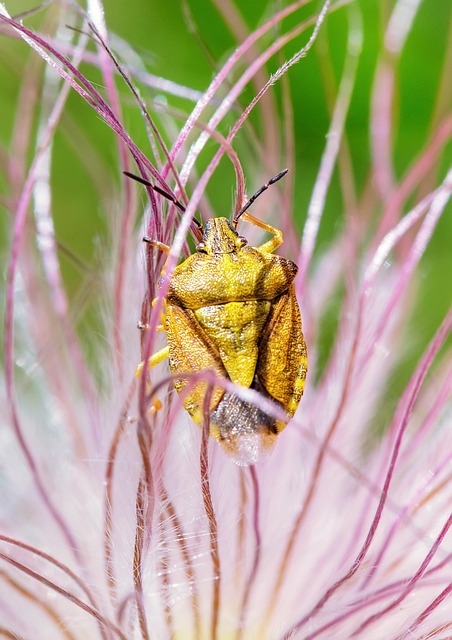
Before hiring a bug exterminator, preparing your home is essential for the treatment’s effectiveness. Start by thoroughly cleaning and decluttering your space, as bugs thrive in cluttered environments. Remove any food sources, including pet food and garbage, and seal potential entry points like cracks and gaps around doors and windows. This step significantly reduces the pest population and makes it easier for the exterminator to perform their job.
Additionally, ensure that all pets are kept away from the treatment areas and follow the bug exterminator’s instructions regarding any necessary preparations. This might include moving furniture, removing indoor plants, or securing children’s toys to prevent exposure to chemicals. Proper preparation ensures a safer environment for both your family and the pest control professionals.
Common Misconceptions About Bug Exterminators Debunked
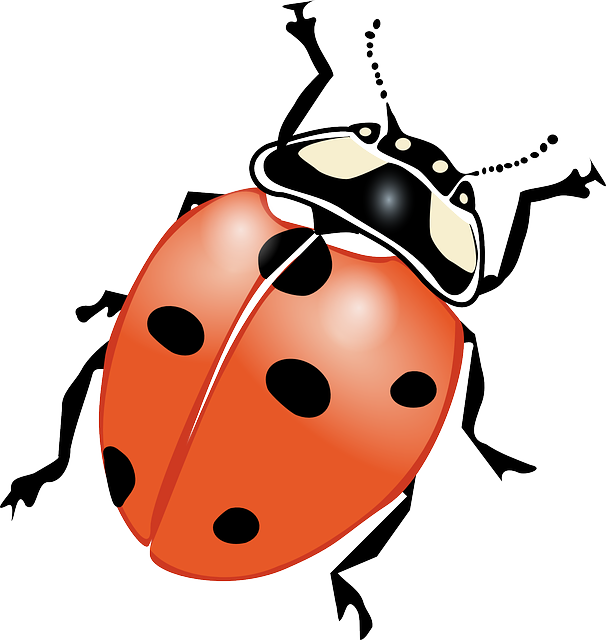
Many people hold onto several misconceptions about bug exterminators and their services, which can lead to fears or mistrust. One common myth is that exterminators use harmful chemicals that are dangerous for human health and the environment. While it’s true that some pesticides are potent, modern bug exterminators employ a range of eco-friendly methods and targeted treatments that minimize these risks. Many professionals are also trained in Integrated Pest Management (IPM), a strategy that focuses on long-term prevention and sustainable solutions.
Another misconception is that calling an exterminator is a temporary fix without lasting effects. In reality, professional bug extermination services offer comprehensive solutions tailored to the specific pest issue. They inspect your property, identify the pests’ behavior and habitats, and implement strategies that not only remove current infestations but also prevent future recurrences. These treatments can include everything from organic repellents and baits to advanced heat or cold therapy, depending on the type of bugs and the unique needs of your home or business.
Choosing the Right Exterminator for Your Residential Needs

When selecting a bug exterminator for your residential property, it’s crucial to conduct thorough research and choose a reputable professional. Look for companies with experience in handling various pest control scenarios, especially those that specialize in residential properties. A good bug exterminator should offer personalized solutions tailored to your home’s unique needs. They should employ safe, eco-friendly methods and provide transparent communication throughout the process.
Consider their reputation, customer reviews, and the types of bugs they commonly target. Reputable exterminators will conduct inspections to identify the root cause of the infestation and propose effective, long-lasting solutions. Ensure they use industry-approved equipment and chemicals to ensure a safe environment for both your family and pets after treatment.
Post-Extermination Care: Maintaining a Pest-Free Environment
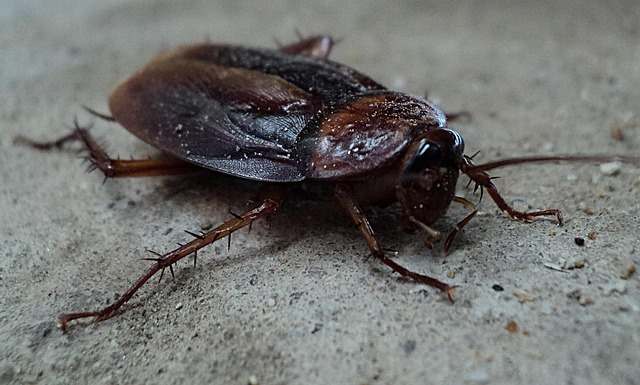
After a successful bug extermination by a professional bug exterminator, maintaining a pest-free environment is crucial. It involves regular cleaning and sanitizing to eliminate any potential hiding spots or food sources that might attract pests. A clean home, free of clutter and properly sealed entry points, makes it harder for bugs to re-enter. Using pest prevention products recommended by your exterminator can also help maintain a protective barrier against future infestations.
Additionally, monitoring your home regularly for any signs of pest activity is essential. This includes checking for new holes, chewed items, or unusual odors. Early detection allows for quicker response and prevention of re-infestation. Working closely with your bug exterminator to develop a maintenance plan tailored to your region and the specific pests targeted can significantly reduce the risk of future invasions.
